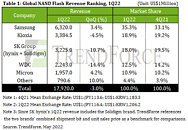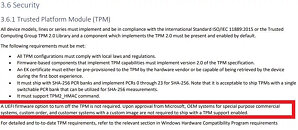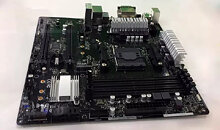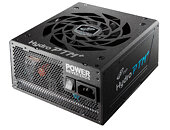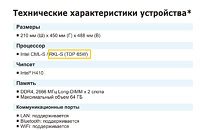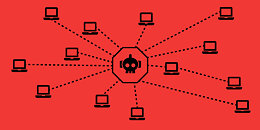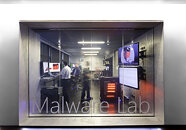Jon Peddie Research: Q1 of 2022 Saw a Decline in GPU Shipments Quarter-to-Quarter
Jon Peddie Research reports that the global PC-based graphics processor units (GPU) market reached 96 million units in Q1'22 and PC GPUs shipments decreased 6.2% due to disturbances in China, Ukraine, and the pullback from the lockdown elsewhere. However, the fundamentals of the GPU and PC market are solid over the long term, JPR predicts GPUs will have a compound annual growth rate of 6.3% during 2022-2026 and reach an installed base of 3.3 million units at the end of the forecast period. Over the next five years, the penetration of discrete GPUs (dGPU) in the PC market will grow to reach a level of 46%.
AMD's overall market share percentage from last quarter increased 0.7%, Intel's market share decreased by -2.4%, and Nvidia's market share increased 1.69%, as indicated in the following chart.
AMD's overall market share percentage from last quarter increased 0.7%, Intel's market share decreased by -2.4%, and Nvidia's market share increased 1.69%, as indicated in the following chart.

